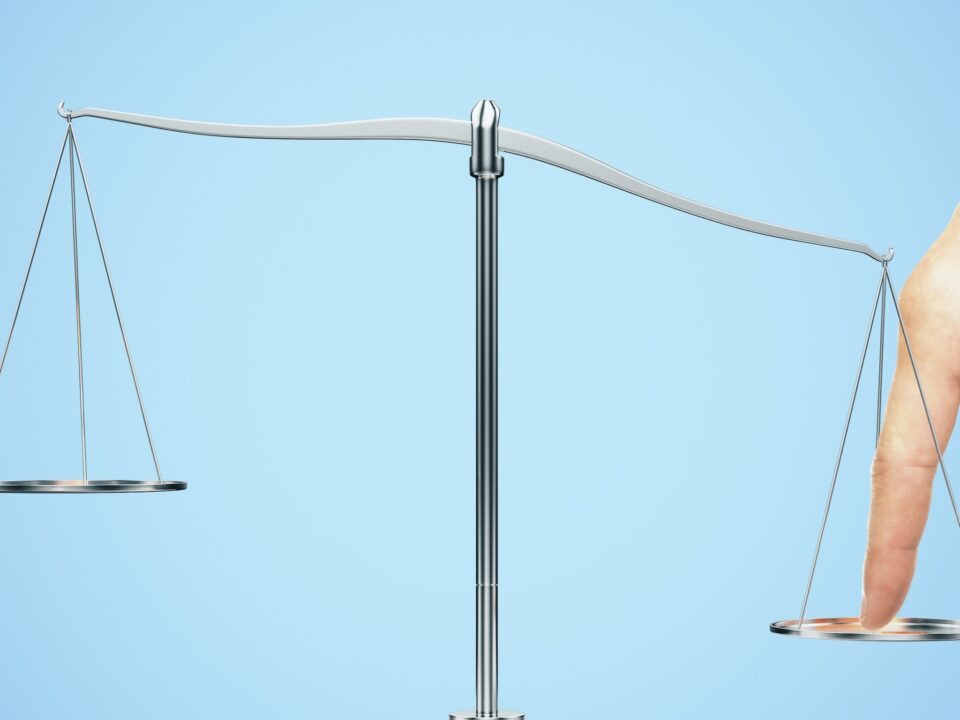More headaches for IEEE – this time with ISO…
In the past few months IEEE has been hit by not just one, but two, failures to get its specifications recognised by the international standards development body, ISO. These follow on from similar failures at ANSI, the US’s de factostandards accreditation body. All of which directly stem from IEEE’s post-2015 patent policy.
In 2015, the IEEE instigated a number of changes to its patent policy with which many patent licensors of IEEE standards strongly disagreed. The consequence was a tranche of refusals by numerous patent holders to license their standard essential patented technologies under the revised terms of the policy.
Until these policy changes took place, it was highly unusual for patent owners to refuse to license their patents – through so-called “negative licensing declarations” or “negative letters of assurance”. For this reason, until recently, IEEE standards were generally accepted for accreditation as American National Standards and adopted by ISO as international standards following a long-standing agreement between ISO and IEEE. This has now changed at both ANSI and ISO.
In September and October 2021, the ISO committee, which enables the “fast tracking” of IEEE standards to become international standards, voted separately on two IEEE specifications: 802.11ax and 802.11ay, respectively. In October, a vote on 802.11ay led to a split vote by national bodies to ISO of 6 to 6. As no majority could be reached the vote for “fast tracking” failed. In September, a similar vote had also taken place on 802.11ax when a majority of 6 to 4 national bodies voted in favour of “fast tracking”. However, the reason given by three national bodies (Germany, Finland and Sweden) for voting against “fast tracking” was the concern of negative licensing declarations existing for these IEEE specifications. These concerns led to ISO pausing the adoption process for both specifications, despite the positive vote for 802.11ax, until further clarity of the licensing positions of the patent owners can be verified.
Part of the agreement between ISO and IEEE requires IEEE to inform ISO of negative licensing declarations. Concerningly, IEEE did not disclose these to ISO for either specification, which may explain the 802.11ax vote. It seems to have justified not doing so, in the case of 802.11ax, partly because no specific patents had been identified in the negative declarations it had received. However, in the case of 802.11ay this is not the case – a specific patent was identified for this. Nevertheless, it seems IEEE still does not believe it has an obligation to disclose to ISO as it is not in a position to determine essentiality, which somewhat misses the point about why ISO wants this information – namely that assurances of access to its standards will, or is likely to, be given.
Curiously, given the votes, it seems that Germany changed its mind from voting against the “fast track” procedure in September and then voting in favour of it in October – despite three other national bodies (Belgium, Canada and the Netherlands) changing their votes to against. Given the fact that a negative letter of assurance may mean a complete block to using a standard, if a related patent is essential to it, it is odd that Germany would change its vote. More so as it would be contrary to ISO’s rules, as pointed out by Germany itself in its vote in September. Germany’s reasoning seems to be that those who provided negative declarations are not the most active contributors to IEEE standards. But this also misses the issue. It does not matter how significant or not a contributor is. What matters is whether someone has a patent that could prevent use of an ISO standard. One cannot help but wonder if the select, short-term interests of certain German companies, who have other reasons for supporting IEEE, pressured a change of mind in Germany’s national standards body (DIN). Needless to say, this would be a concerning development. Surely, DIN should not be supporting the interests of a few, heavyweight companies over the long-term and best interests of ISO and international standardisation?



